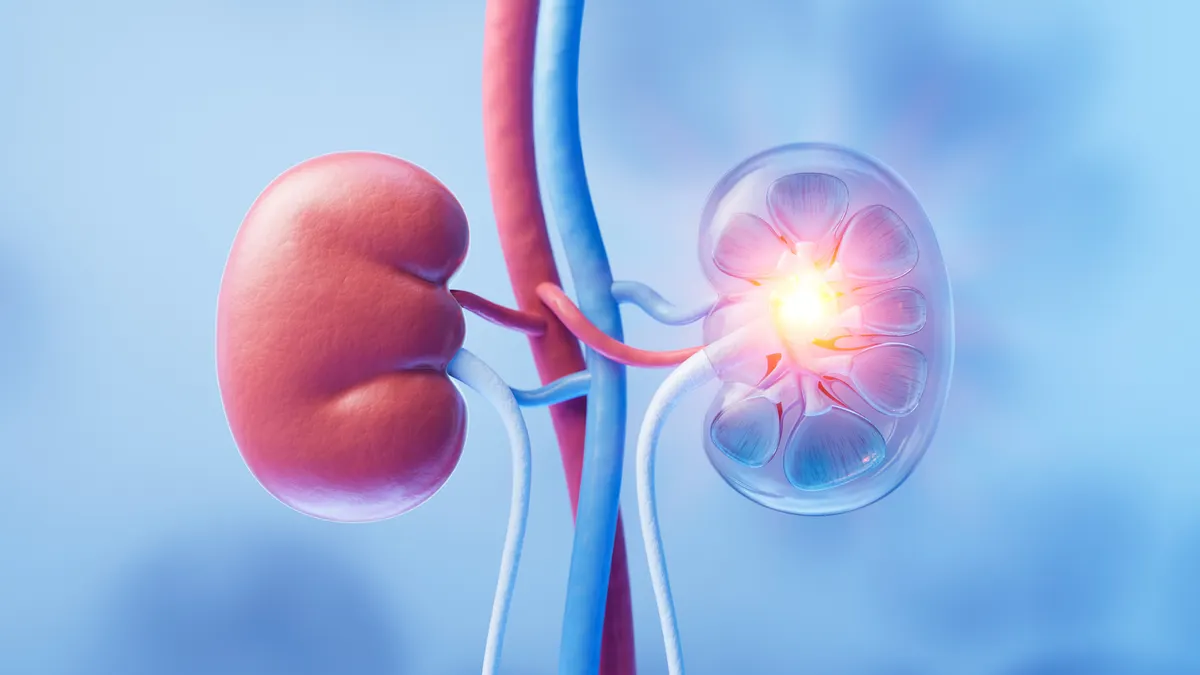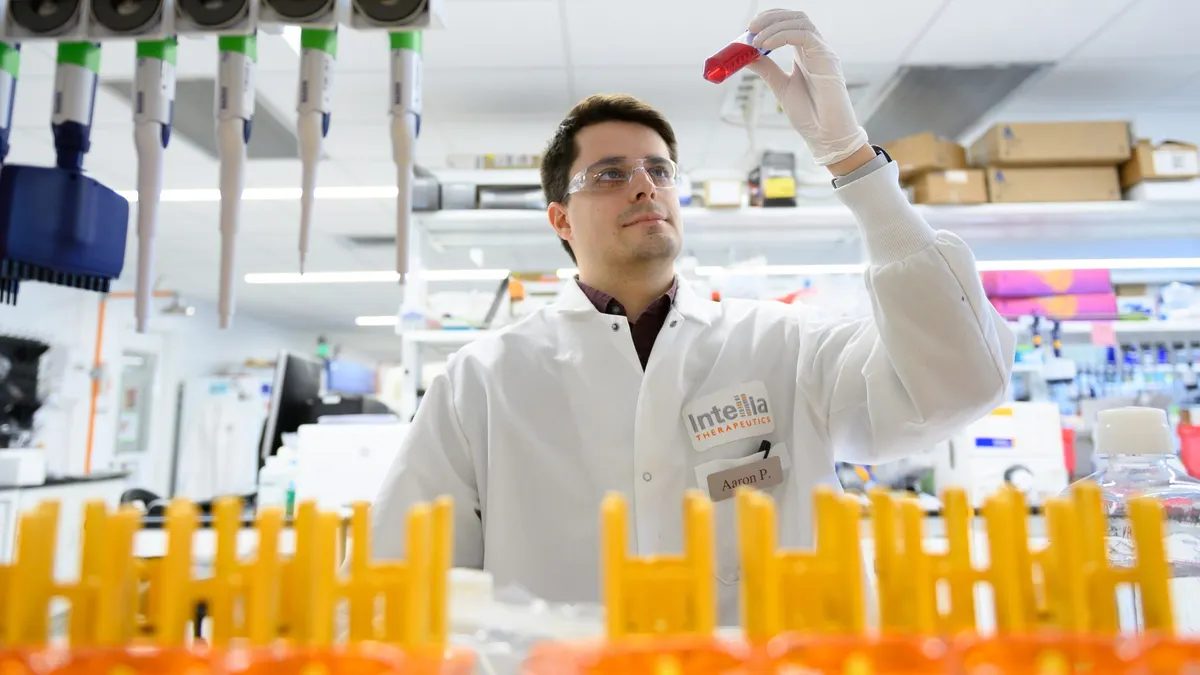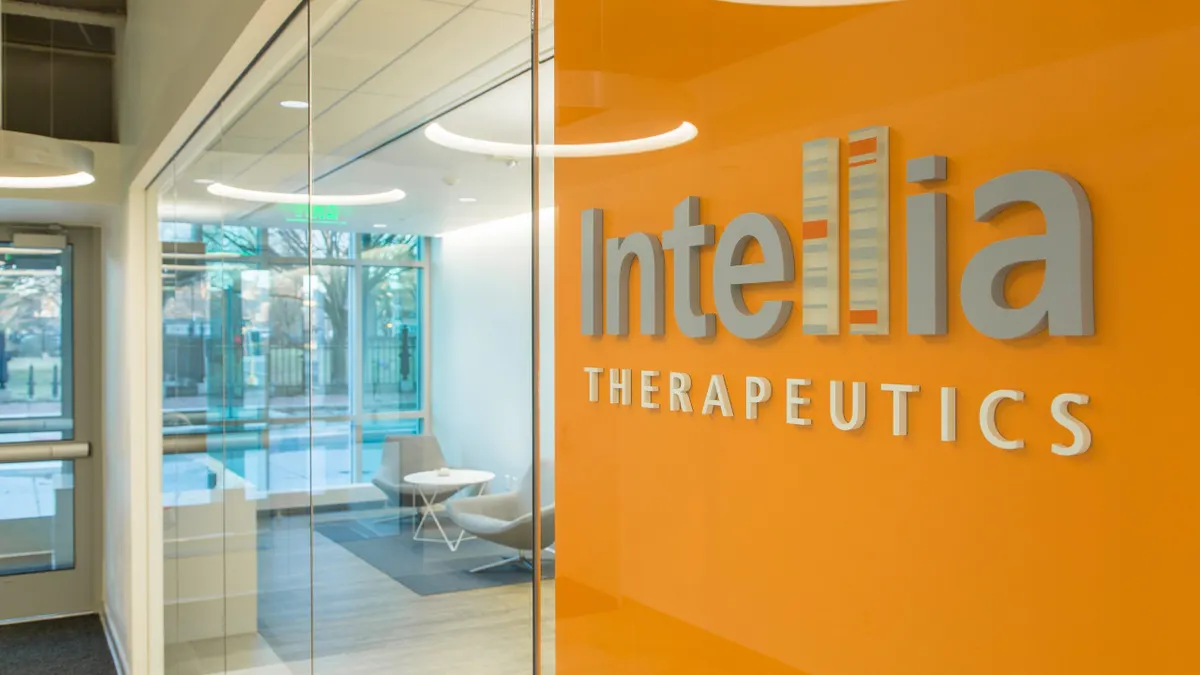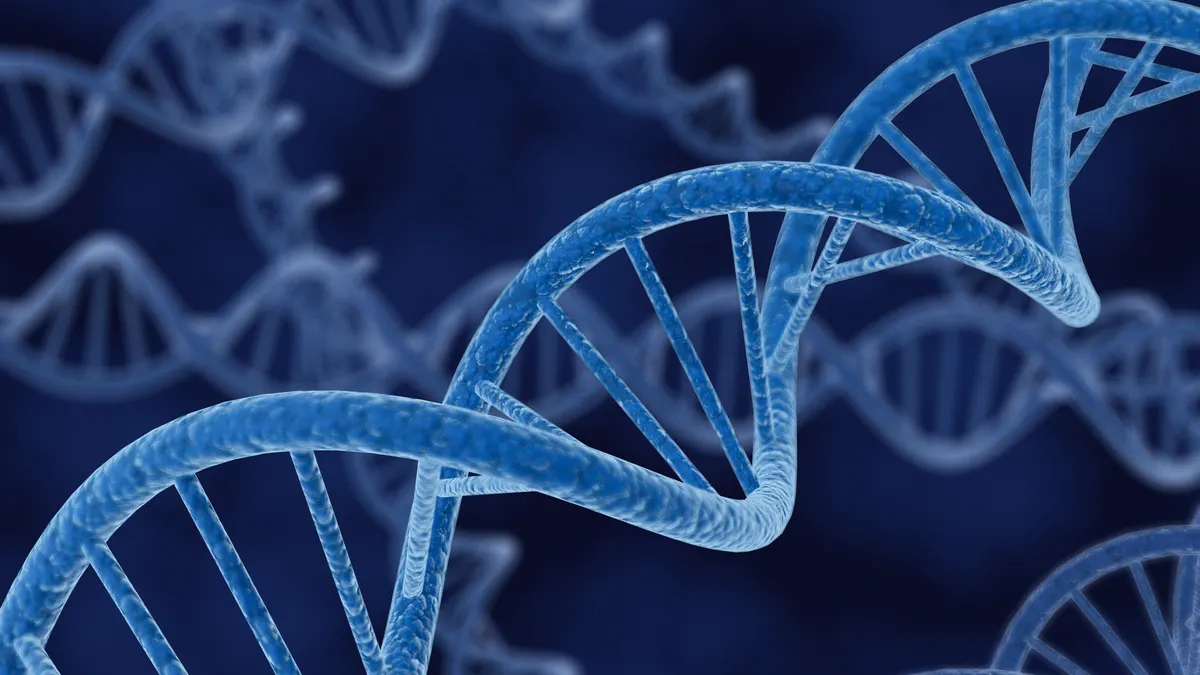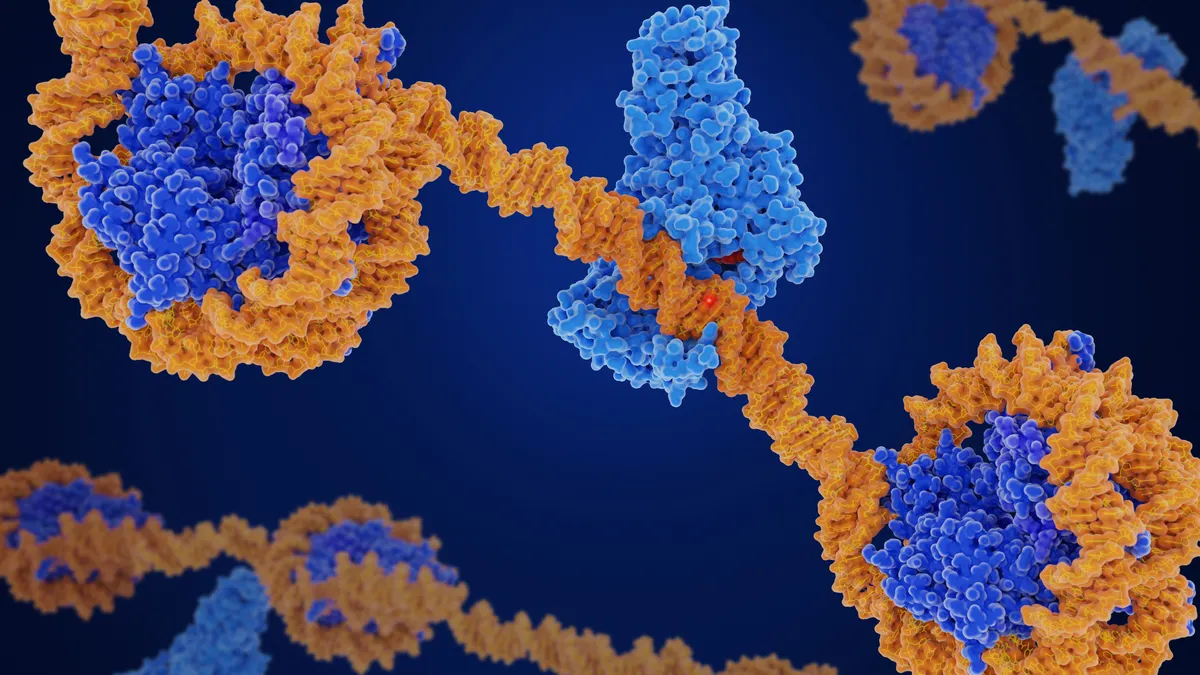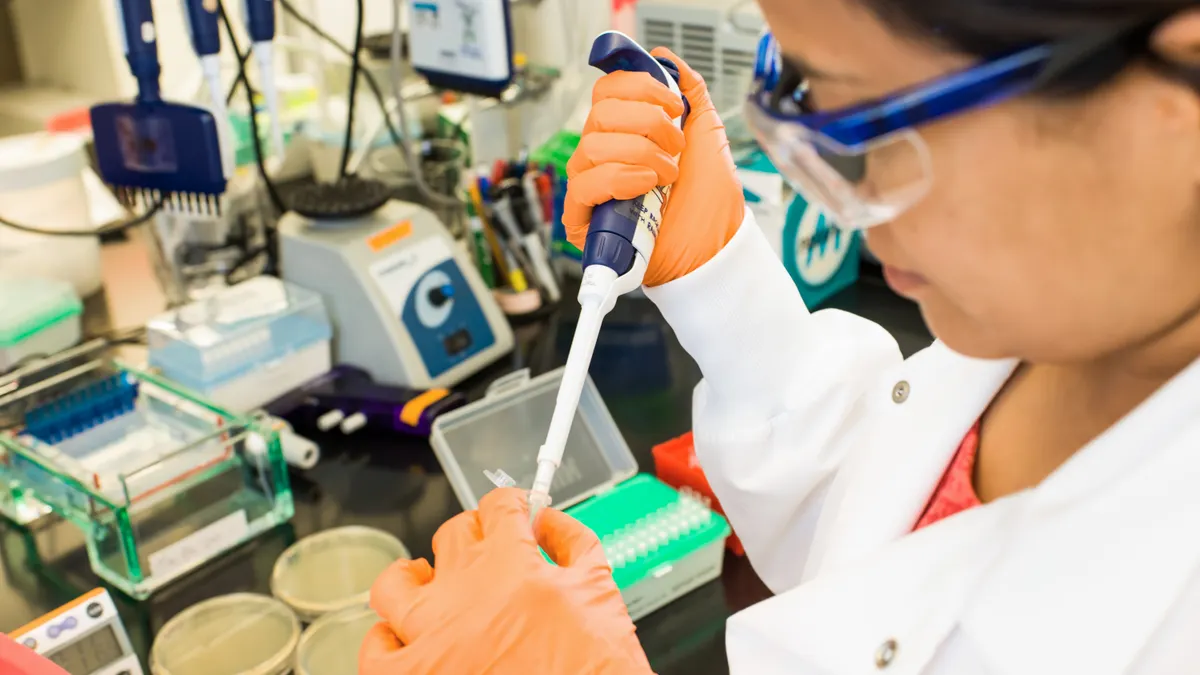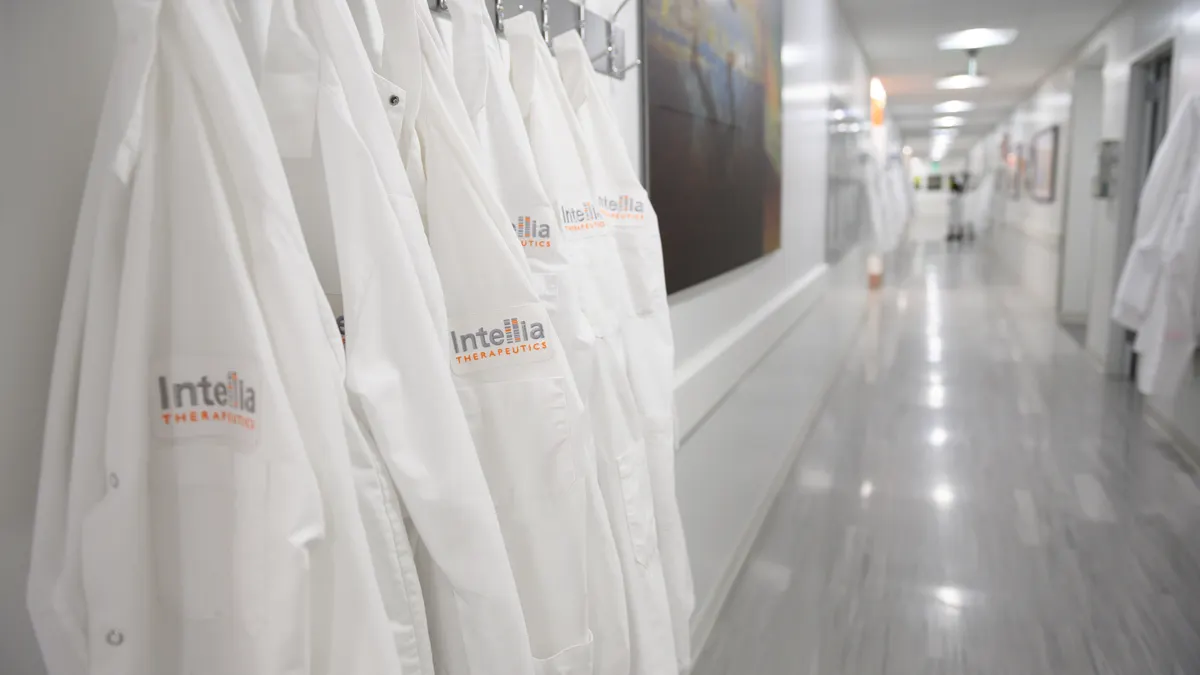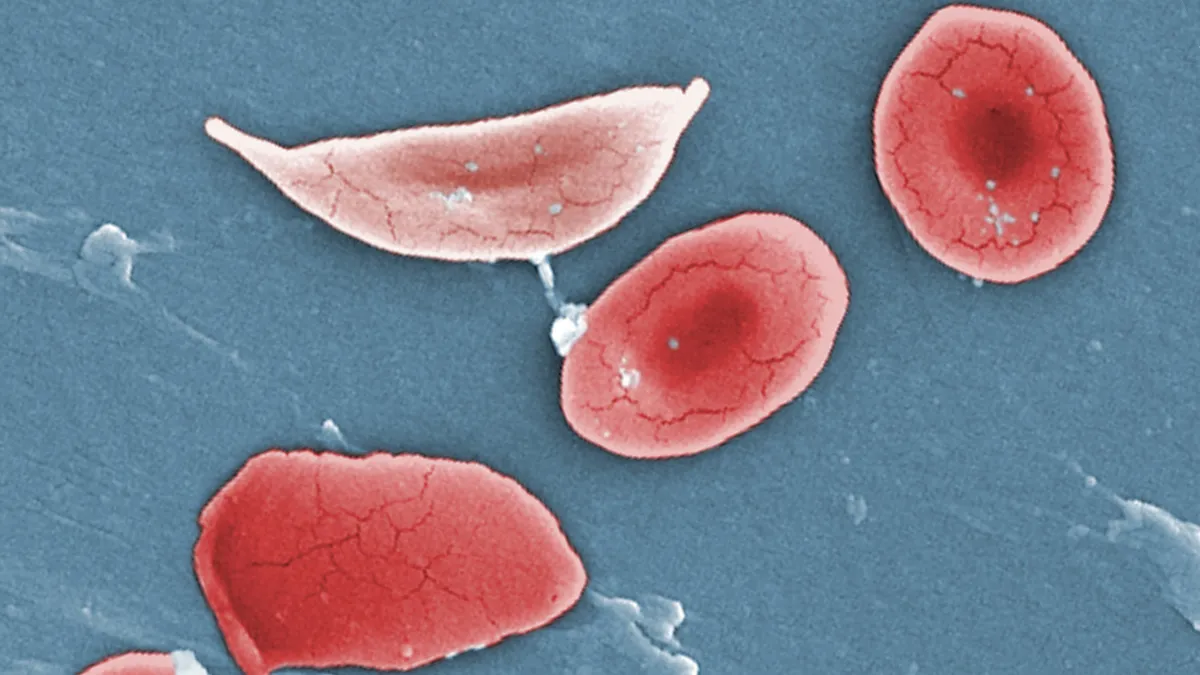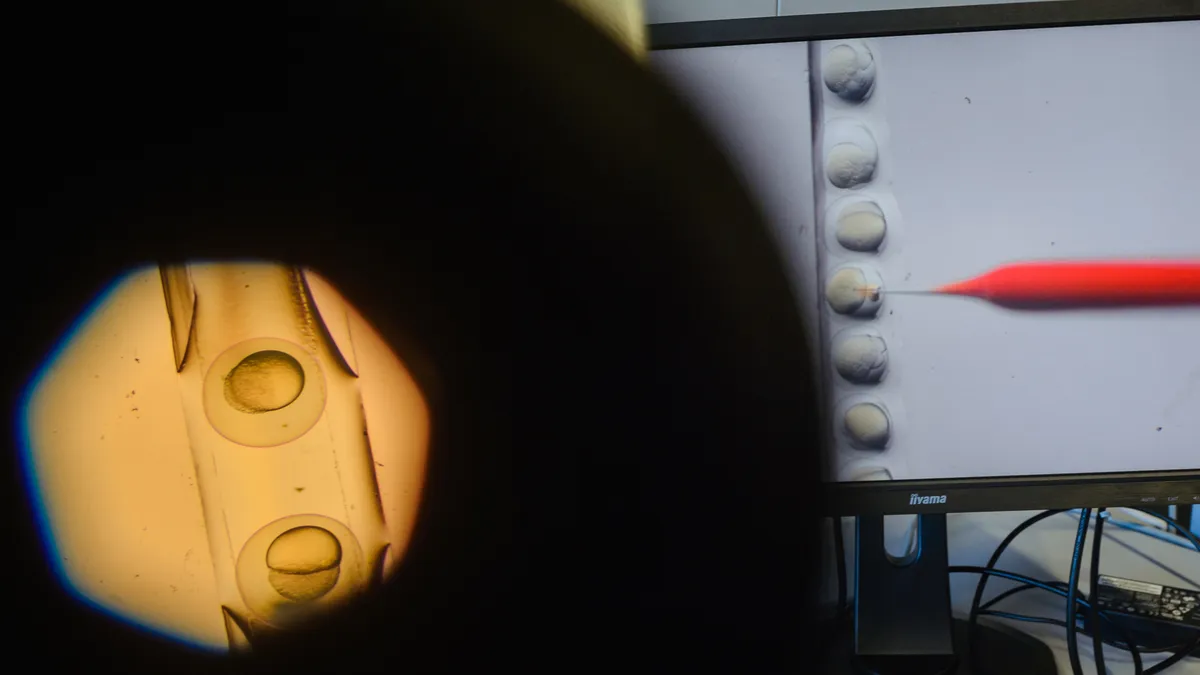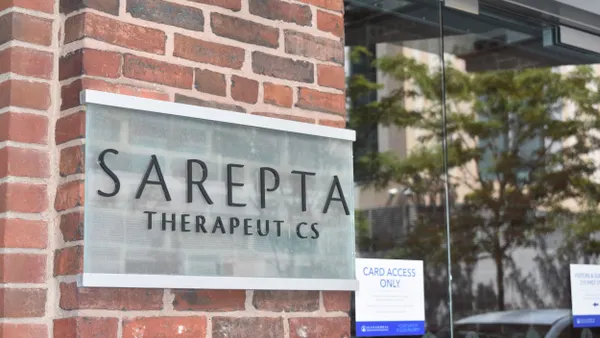Verve Therapeutics is expanding a gene editing trial for a cholesterol and heart disease treatment into the U.S., the company said Monday after receiving clearance from the Food and Drug Administration.
The treatment Verve is testing, dubbed VERVE-102, changes a single nucleotide, or base, in the gene PCSK9, which produces a protein that regulates liver cells’ uptake of cholesterol from the blood.
Two antibody drugs and one RNA medicine that target PCSK9 are approved in the U.S. to lower cholesterol, high levels of which are strongly linked to heart disease risk. The best-selling of those, Amgen’s Repatha, made north of $2.2 billion for the California drugmaker in 2024, according to its most recent earnings report.
But those drugs require regular injections ranging from every other week to every six months. VERVE-102, by contrast, offers the promise of lifelong cholesterol lowering by turning off the PCSK9 gene in the liver. Verve is testing the therapy in people with heterozygous familial hypercholesterolemia, an inherited condition that causes persistently high cholesterol, or premature coronary artery disease.
“There are multiple cholesterol lowering medicines currently available that can lower LDL-C at a single time point; however, time on treatment for these medicines remains low,” Verve CEO Sekar Kathiresan said in a statement. “To address this unmet need, Verve’s medicines are designed to deliver lifelong cholesterol lowering after a single course of treatment and, consequently, drive more meaningful efficacy.”
Verve has been running a Phase 1b trial of VERVE-102 called Heart-2 in Australia, New Zealand, Canada and the U.K., and said it expects to announce initial safety and efficacy data before the end of June. Later in the year, the company plans to publish dose escalation data and start a Phase 2 clinical trial for the drug.
VERVE-102 is a successor treatment of an earlier medicine called VERVE-101. The company paused its trial of VERVE-101 last year after a study participant developed a worrisome liver enzyme increase, as well as lower counts of a clot-forming blood cell, or thrombocytopenia.
The mechanics by which VERVE-101 and VERVE-102 knock out the PCSK9 gene are similar, but the latter uses a different lipid nanoparticle for delivery into the body. When it paused the VERVE-101 study, the company suggested the lipid nanoparticle used for that treatment may have been a cause.
Verve has also disclosed two other base editing therapies, one of which has entered Phase 1 testing. The company is partnered with Eli Lilly, which can opt in to share development costs and profits for VERVE-102 after seeing data from Heart-2.
Shares in Verve bounced up by as much as 8% Monday morning, recovering some of the decline that followed Verve’s announcement in February that Vertex Pharmaceuticals had ended a partnership with the company.










